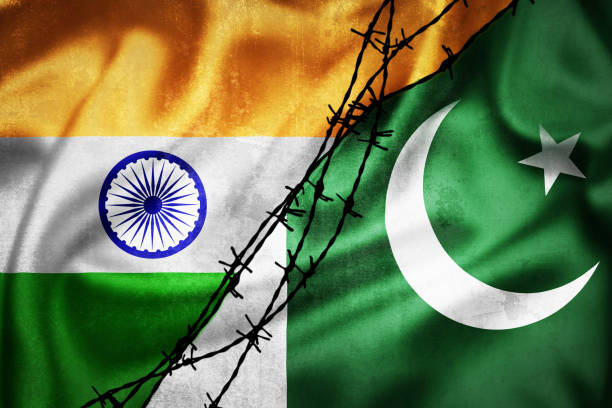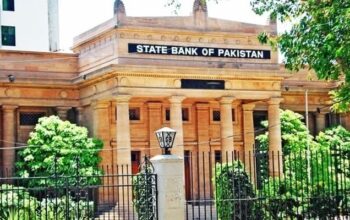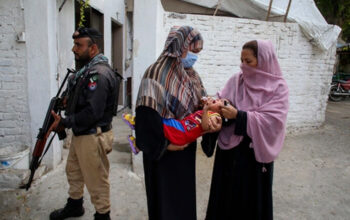By Staff Reporter
ISLAMABAD: Prime Minister Shehbaz Sharif has called an urgent meeting of the National Security Committee, a body of top civil and military leaders, for Thursday to address India’s retaliatory measures following a deadly militant attack in occupied-Kashmir that New Delhi has linked to Pakistan-based groups.
The attack, one of the deadliest on civilians in the region in decades, has reignited tensions between the nuclear-armed neighbors. Media reports say the attack occurred Tuesday in Pahalgam, a resort town in Kashmir’s Anantnag district, when militants opened fire on tourists. At least 26 people were killed in the attack.
A little-known group, the “Kashmir Resistance,” claimed responsibility on social media. Indian authorities say the group is a front for Pakistan-based militant organizations such as Lashkar-e-Taiba and Hizbul Mujahideen, a charge Pakistan denies.
A violent separatist insurgency has simmered in the occupied-Kashmir since the late 1980s, although militant violence had declined in recent years. India and Pakistan have fought three wars since independence, two of them over Kashmir, in 1947 and 1965. In 1999, they clashed again in the Kargil region in what was described as an undeclared war. A UN-brokered ceasefire line, the Line of Control, now divides the region.
India’s Foreign Secretary Vikram Misri announced a series of measures, citing evidence of cross-border involvement. Chief among them is the suspension of the Indus Water Treaty, a 1960 agreement brokered by the World Bank that allocates three eastern rivers to India and three western rivers to Pakistan. The treaty has endured through past conflicts, making its suspension a significant escalation.
Additional measures include the expulsion of defense advisers from the Pakistani high commission in New Delhi, who were declared persona non grata and given a week to leave. The Indian high commission in Islamabad will see its staff slashed from 55 to 30, and the Atari check post, a key border crossing, will be closed immediately. Pakistani nationals will also be barred from traveling to India under special visas.
Pakistan swiftly condemned the attack. “We are concerned at the loss of tourists’ lives,” Pakistani foreign ministry spokesperson Shafqat Ali Khan said in a statement. “We extend our condolences to the near ones of the deceased and wish the injured a speedy recovery.”
Deputy Prime Minister Ishaq Dar announced the National Security Committee meeting on social media platform X. “Prime Minister Shehbaz Sharif has convened the meeting of the National Security Committee on Thursday morning … to respond to the Indian government’s statement.”
Dar dismissed India’s accusations against Pakistan as “baseless,” demanding New Delhi substantiate its claims with proof. “If India has any evidence, it should present it,” Dar said in a statement. “This is nothing but a political ploy. India is trying to blame Pakistan for its own failures.”
The Kashmir region has been a flashpoint since 1947, when India and Pakistan gained independence. Both nations claim the territory in full but control only parts of it, leading to three wars and numerous skirmishes. In 2019, a suicide bombing in Pulwama killed 40 Indian paramilitary personnel, triggering cross-border airstrikes and a tense standoff.
Former minister Sherry Rehman criticized the water treaty suspension as “an anti-humanitarian action” noting that the treaty had been upheld even during wartime.
“Now they have suspended it of their own accord. This is an anti-humanitarian action — they are weaponising water,” Rehman said. “This looks like a knee-jerk reaction… To date, they are unable to prove the identity of the attackers. They claim to have examined the bodies of the attackers and cannot prove anything.”
Copyright © 2021 Independent Pakistan | All rights reserved




